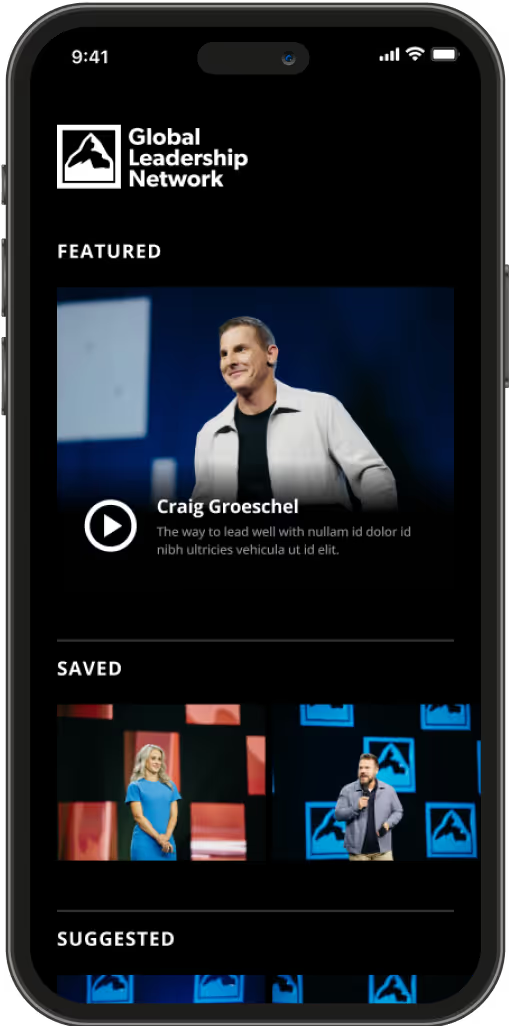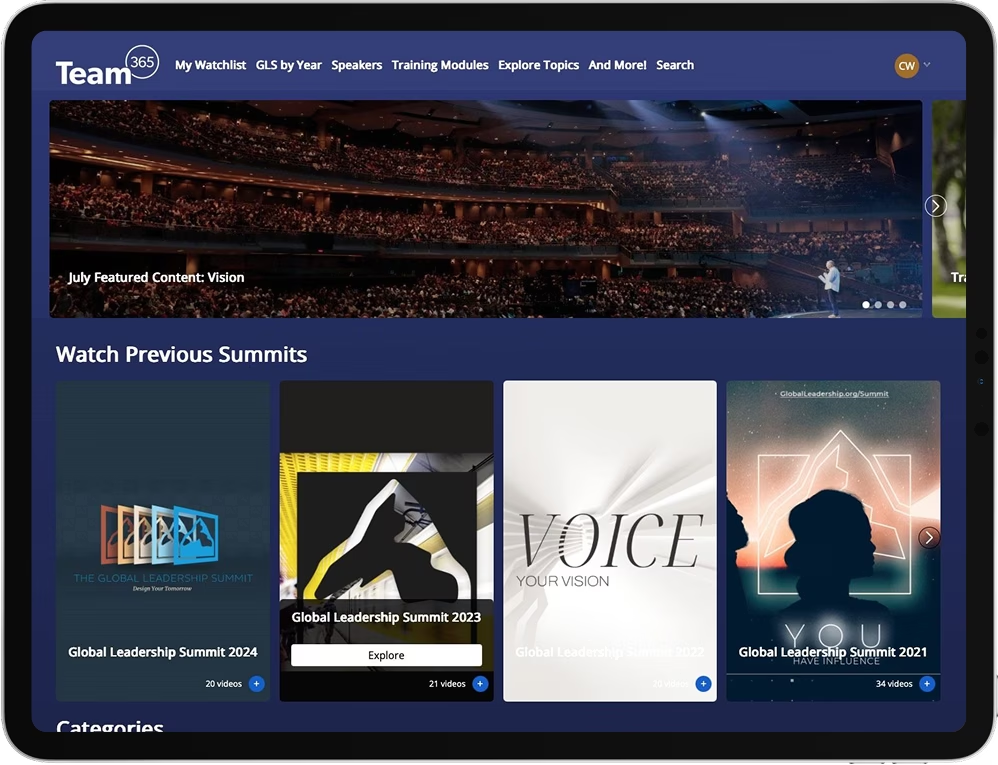Years ago, my wife told me that I had a “face,” but I didn’t believe her. What she meant was that I had a particularly unattractive facial expression that I unintentionally displayed when I was feeling frustrated by my inability to be understood by someone. What the face actually displayed was that I was disgusted with the person who didn’t understand me, and that I thought they deserved to be flogged for their stupidity.
Since that time, I’ve come to learn, with the help of my colleagues at The Table Group, that I do sometimes have that face. Even though I have a difficult time conjuring up the face on demand (It seems to require an emotional prompt.), I am well aware that it evokes an unwanted reaction from those who are unlucky enough to witness it.
I’ve recently come to the conclusion that everyone has a face. It is usually the product of a strong emotion that is difficult for us to articulate, and so it is portrayed in a less-than-accurate way.
To that end, I’ve recently come to the conclusion that everyone has a face. It is usually the product of a strong emotion that is difficult for us to articulate, and so it is portrayed in a less-than-accurate way, and often more extreme than we want it to be. For instance, one of my colleagues often feels frustrated that she can’t adequately verbalize her concern for others in the moment, so her face portrays a level of pity that borders on patronizing. This is not what she wants to portray, but it happens nonetheless. It’s her face.
Another colleague, when she feels let down by someone, takes on the look of judgmental disappointment. It’s as if she’s thinking, “so that’s the best you can do, huh? How sad.” She doesn’t know that she’s conveying this, but her colleagues—and her husband and children—certainly do.
Why is it important for all of us to know what our faces are, and when and why we show them? Because if we don’t, we will find ourselves puzzled by the reactions of our employees and team members who have no choice but to respond to the emotional content of what they see. And their reactions are only going to exacerbate what our faces are already exaggerating, leading to further misunderstanding. If that sounds trivial, understand that this can lead to broken trust and unnecessary division among people who have no real reason to be at odds.
The solution to this problem is for every one of us to identify, most likely with the help of our colleagues and loved ones, what our faces are. Once we do this, we need not only to invite those colleagues and loved ones to call us out when we display that face, but to exhort them to do it! We need to beg them to alert us when we are inadvertently expressing an emotion that is unintended, so we can stop and explain what we are really feeling and allow others to help us address those feelings.
We need to beg them to alert us when we are inadvertently expressing an emotion that is unintended, so we can stop and explain what we are really feeling and allow others to help us address those feelings.
My wife inadvertently came up with a fun way of identifying and staying aware of our faces in a team or family environment. It happened the other night when I was a little grumpy and judgmental, and she said, “You’re a little harsh, aren’t you?” And then she laughed and said, “Hey, that should be your rapper name. ‘Li’l Harsh’.” After I got over the initial sting of her accurate nickname for me, I realized that it was a good way of describing my face. So, I went to work, announced my new moniker, and helped everyone come up with their respective rapper names. We now have Li’l Sour, Li’l Dismissive, Li’l Annoyed, Li’l Denial, Li’l Disappointed, Li’l Prickly, Li’l Condescending, Li’l Patronizing and Li’l Tense. That might sound silly, but within the day, we were using those terms to describe one another in moments of stress, and it brought real clarity, not to mention humor, to situations that could have otherwise been unnecessarily tense.
So, what’s your face? And what’s your rapper name?
Peace Out.
Li’l Harsh, aka…
Related

How One Church Is Reshaping the Story of Its Town

50 Turn-Down Techniques You Can Use Today When Your Broken Soundtracks Get Loud

Narcissism vs. Humility in Leaders
.jpg)
Leading the Spark: 5 Books on the Intersection of Creativity and Leadership

“Thank You for Seeing Us as People”: Leadership and Hope Inside Graham Correctional Center

The Tech CEO who sold his home to live with the formerly homeless
Leadership That Lasts
Team365 isn’t just a platform. It’s a commitment to grow, lead and live with purpose — every single day. Whether you’re here for content, community or clarity, you’re in the right place. Your leadership matters. Let’s keep going.





